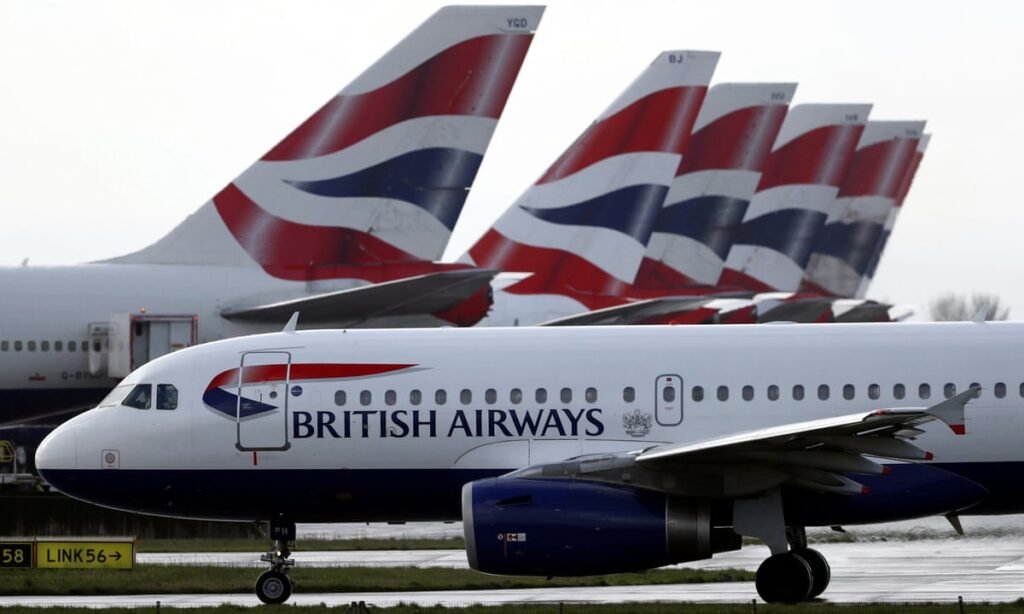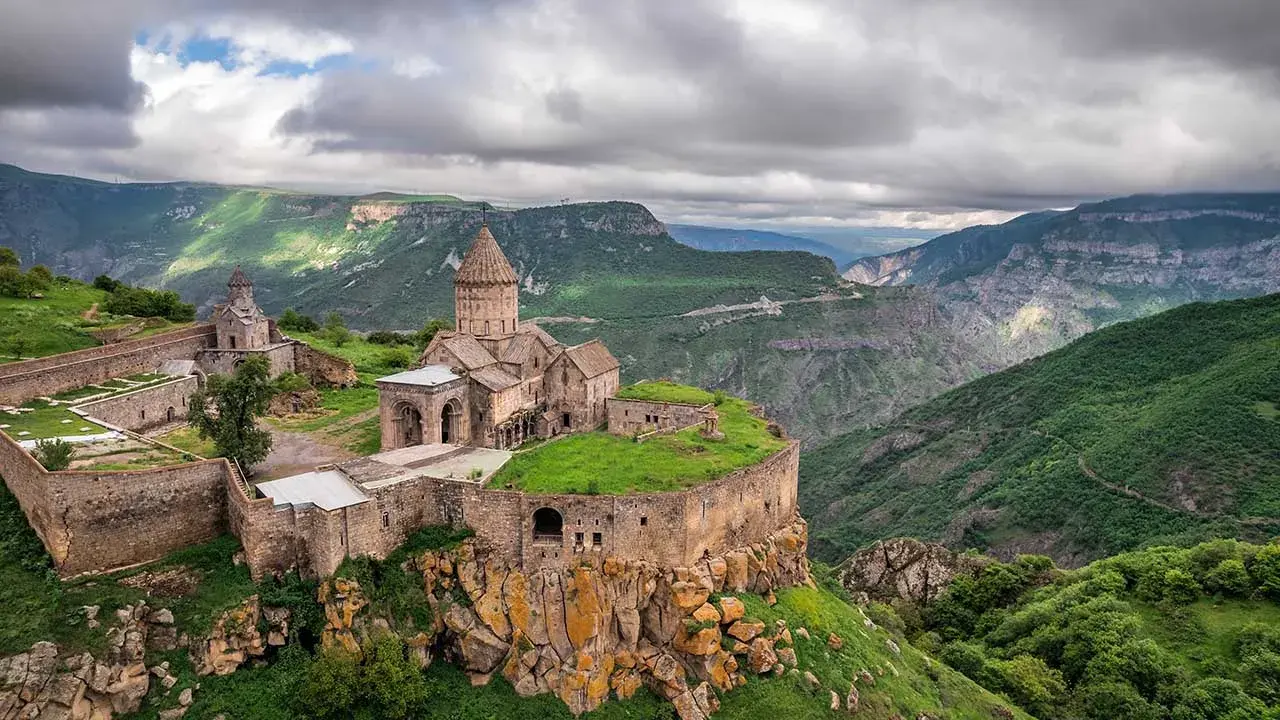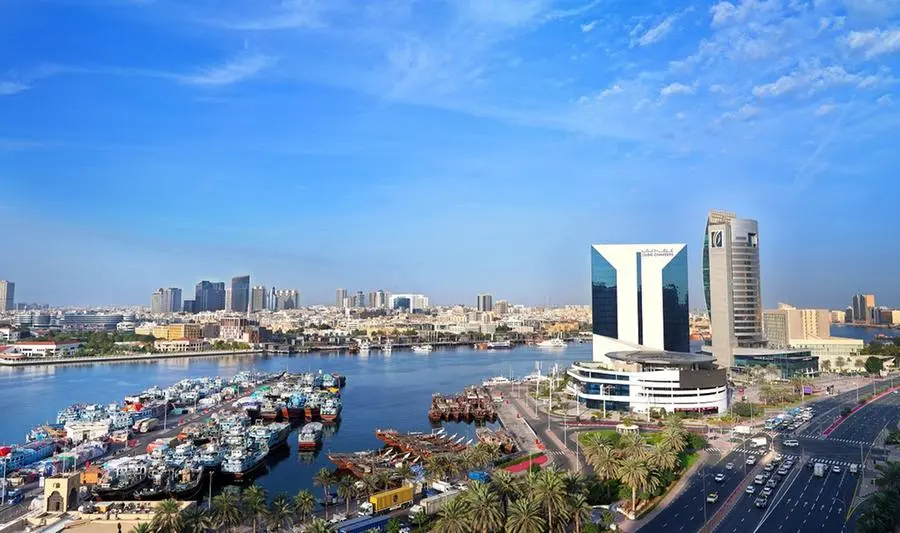The Middle East is an increasingly significant space for India, given its trade interests there and the Indian who work in the region and send remittances back home. The connectivity project aims to leverage India’s capacity as an infrastructure provider
Recently national security advisors from India, the United Arab Emirates (UAE), and the United States met with Saudi Crown Prince Mohammed bin Salman in Riyadh to discuss an ambitious connectivity project to link the Middle East to India through roads, rails, and seaports.
The idea emerged during meetings of the I2U2 group—which also includes Israel—over the last year, according to an Axios report.
The proposed initiative signals that India and the United States are ready to take their joint efforts to counter China beyond the Indo-Pacific region and into the Middle East, reported Foreign Policy.
It’s clear that the Biden administration sees the connectivity project as a way to balance Chinese power in the region.
“Nobody said it out loud, but it was about China from day one,” a former senior Israeli official told Axios. Foreign Policy termed the move surprising since the I2U2 group—a relatively new vehicle for US-India cooperation in the Middle East—was not envisioned as a China-focused entity, given the close commercial cooperation that both the UAE and Israel enjoy with China.
It’s easy to see why India would want to participate in a new minilateral effort to push back against China’s growing Middle East footprint—driven by Belt and Road Initiative (BRI) investments and by a recent strategic agreement with Iran. (Beijing also recently mediated a reconciliation deal between Tehran and Riyadh.)
The Middle East is an increasingly significant space for India, given its trade interests there and the Indian who work in the region and send remittances back home. The connectivity project aims to leverage India’s capacity as an infrastructure provider.
Its track record includes the construction of the world’s largest rail system in Asia and contributions to cross-border electricity sharing. Through the new initiative Indian officials hope to develop a deeper infrastructure footprint in the Middle East to counter China’s BRI.
India now has opportunities to scale up influence, trade, and diplomacy beyond the Indo-Pacific region—all in a year while holding the G-20 presidency, enjoying rapid economic growth, and overtaking China as the world’s most populous country
To be sure, the Middle East-India connectivity initiative is still purely aspirational, but its potential is vast: linking New Delhi with a region critical to its interests and in cooperation with some of its top partners.
According to one assessment, in a best-case scenario India could eventually benefit from land and sea trade routes stretching from Israel and the UAE all the way to Greece’s Piraeus port and onward into Europe.
Saudi Arabia has not formalized relations with Israel, which means the latter is not a formal part of the project, but its membership in I2U2 suggests it will have a role.
The Israeli Foreign Minister Eli Cohen visited New Delhi on May 9.
Although he departed early because of a crisis with Gaza, he likely planned to meet with Indian interlocutors about the connectivity project.
In a statement released before the visit, Cohen said India can play a key role in strengthening regional stability in the Middle East.
Ultimately, the connectivity project shows just how much India benefits from the Abraham Accords, the Trump-era agreement that normalized relations between Israel and several of its Arab neighbours.
The deal allowed for the establishment of the I2U2 group, and discussions there gave rise to the new initiative.
India now has opportunities to scale up influence, trade, and diplomacy beyond the Indo-Pacific region—all in a year while holding the G-20 presidency, enjoying rapid economic growth, and overtaking China as the world’s most populous country.
***********************************************************
Readers
These are extraordinary times. All of us have to rely on high-impact, trustworthy journalism. And this is especially true of the Indian Diaspora. Members of the Indian community overseas cannot be fed with inaccurate news.
Pravasi Samwad is a venture that has no shareholders. It is the result of an impassioned initiative of a handful of Indian journalists spread around the world. We have taken the small step forward with the pledge to provide news with accuracy, free from political and commercial influence. Our aim is to keep you, our readers, informed about developments at ‘home’ and across the world that affect you.
Please help us to keep our journalism independent and free.
In these difficult times, to run a news website requires finances. While every contribution, big or small, will makes a difference, we request our readers to put us in touch with advertisers worldwide. It will be a great help.
For more information: pravasisamwad00@gmail.com








